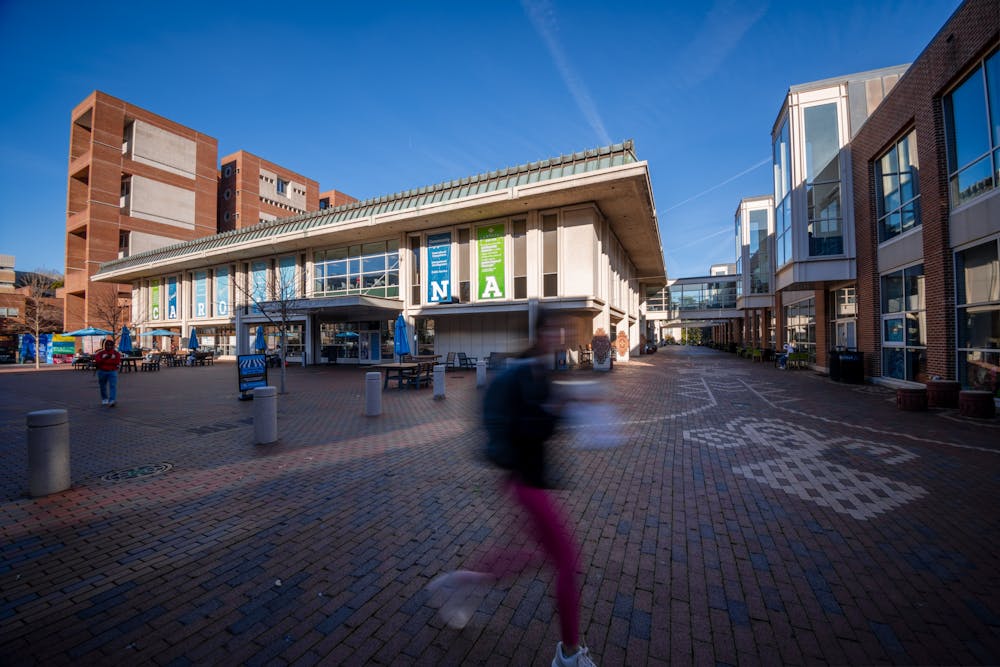There’s no word for “art” in Kayol, also known as, Awakatek, the Mayan language of UNC senior Brenda Palacios Rodriguez’s family. Instead, she said art is an inherent part of culture, woven into the fabric of the everyday.
Rodriguez is the director and producer of the documentary film “Creative Roots: Qatanum Expressions,” a spotlight on Indigenous creativity in her ancestral community of Aguacatán, Guatemala.
Raised in Morganton, N.C. but with family in Guatemala, Rodriguez has found a home in both places. She said being the first person in her family expected to graduate college in the United States inspired her to learn more about her community and how she can help.
“That was always really important to me — How can I give back to my community? How can I continue being a resource for everyone there and make sure that all the work that I’ve done becomes a blessing for others?” she said.
Rodriguez, an environmental studies and studio art double major, credits her UNC classes with helping her articulate the issues Indigenous communities face, including globalization, capitalist extraction and cultural loss. She said she also learned about Indigenous cultural empowerment work, which she already recognized in her own community.
“All of these thoughts were trickling in my mind, and I was like, ‘You know what? I think it’s time to share our stories, share our beautiful stories, both the good and the difficulties,’” she said.
Rodriguez began connecting with Awakatek, or Qatanum, people in Aguacatán last summer, aided by family and the close-knit community. The John and June Allcott Fellowship — a grant offered to a UNC studio art or art history major — enabled her to return home to film.
There, Rodriguez connected with five Awakatek creatives, some of whom, like chirimilla players Diego Rodriguez and Diego Mejia Lopez, are the last remaining practitioners of their art, she said.
Before filming, she spent several days getting to know the artists and learning about the Mayan cosmovision, which describes the interrelationships between nature, the spiritual world and all Mayan peoples through time and space.



